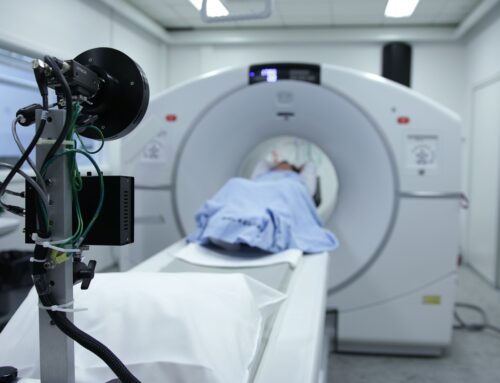Medical malpractice is a term you’ve likely heard before. Most people have a general understanding of what it is and can recognize instances where a healthcare professional’s negligence leads to harm. However, many Floridians considering a medical malpractice lawsuit look at outcomes instead of the preceding details. Not every mistake made by a doctor counts as malpractice, even if medical mistakes occur or health conditions worsen. Today, we will be clarifying what medical malpractice is, when the term doesn’t make sense, and when it may surprisingly be relevant.

What Qualifies as Medical Malpractice?
The important thing to remember about medical malpractice is that negligence in some form must be present to warrant a case. Even with the best doctors and medical techniques, not all treatments work as planned. And just because a treatment isn’t effective doesn’t mean a doctor is at fault. Medicine, as it relates to interactions with each person’s unique body, is not an exact science; sometimes, outcomes are influenced by factors beyond a physician’s control. Patients typically receive a detailed overview of any medical intervention’s potential outcomes before the procedure in order to make their own informed decisions.
That being said, some of the most common medical outcomes that are not typically considered medical malpractice despite widespread belief include:
A Misdiagnosis Without Negligence: This may be surprising, but misdiagnoses are not automatically medical malpractice. If a reasonable doctor, given the same symptoms and circumstances, could have made the same misdiagnosis, then it’s likely that it doesn’t qualify as negligence. For example, some health conditions are literally one in a million cases. Sometimes, the symptoms from that condition point toward a much more common medical culprit. The vast majority of the time, the more common diagnosis will be correct, but not always. It’s unreasonable for doctors to always charge patients thousands of dollars for every conceivable test to catch extremely rare diseases after just one checkup.
Minor Side Effects from Properly Administered Treatment: Many medical procedures come with expected side effects. They don’t manifest in every patient, but they are always a risk. If a physician informs the patient of the potential risks and the treatment is administered correctly, the occurrence of minor side effects is generally not considered malpractice. But, malpractice might be applicable if the patient has a heightened risk level and the healthcare provider fails to consider these risks when considering treatment options.
Even though providers have some protections, other, less obvious situations may, in reality, be considered medical malpractice, including:
Ignoring a Patient’s Medical History: As we briefly mentioned, a doctor who fails to consider a patient’s complete medical history when making treatment decisions may be negligent. This is separate from general side effects that apply to the whole population. For example, if a doctor prescribes a pregnant woman medication that is known to harm developing children, there is a greater level of negligence.
Premature Discharge from Hospital: Discharging a patient too soon, especially without assurances they are in stable condition, can be a form of negligence. Patients returning home too quickly can develop further issues or injure themselves due to unclear directives and guidelines.
Informed Consent Concerns: Nearly every medical intervention has risks, concerns, and alternatives that providers must disclose to patients. Patients have the right to hear from their providers, weigh their options, and then make informed healthcare decisions, even in emergencies. Malpractice may apply if you have existing health directives in estate planning documents that providers ignore.
The best way to get a definitive answer on whether your case may fall under the category of medical malpractice is to speak with experienced personal injury attorneys with decades of experience pursuing these cases. If you are considering a medical malpractice case in Florida, contact Probinsky & Cole today to schedule a free consultation.







